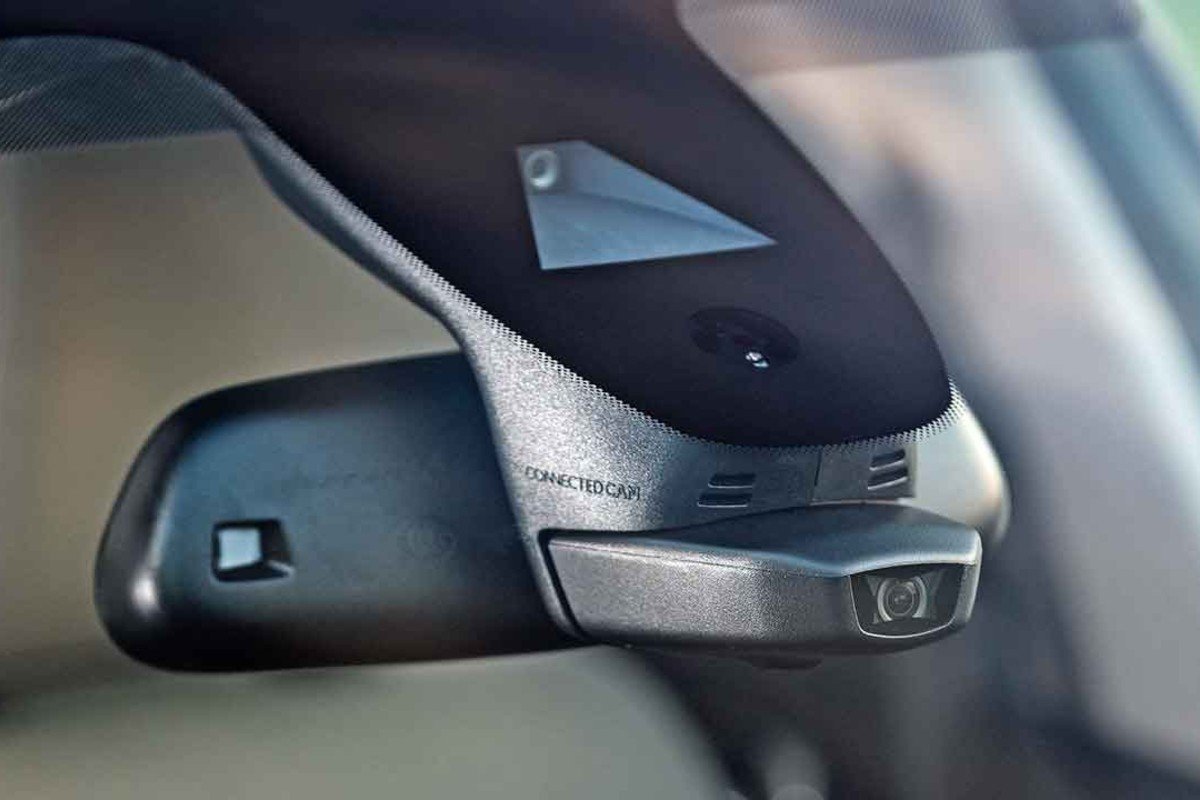Companies Spain is positioned in the race to make cyberinsurance cars
USA Two 'hackers' take full control of a connected vehicle
The Chinese authorities have declared their particular war on the millions and millions of data generated by connected cars and their users.
Basically, because they believe that they can pose a risk to national security, but also to gain a tool
that will be key in the future in order to maintain their tight control over the population.
From next October 1,
car manufacturers, suppliers of components and software, repair and maintenance companies and mobility companies -such as those of shared vehicles-
will be obliged to store in the country all the "relevant" information obtained through of the vehicles and their users,
who must give them express permission for their use.
Permission to take them out of the country
In case they want to
export some of this data abroad, they will have to ask the government for permission.
In addition, they will have to submit annual reports on their management and will be subject to random investigations.
The initiative has been launched jointly by five agencies, led
by the China Cyberspace Agency (CAC) and the Ministry of Transport.
It is about reducing "disorderly collection and illegal abuse of data,"
the joint statement noted.
And that information is the most diverse.
Recording camera incorporated by some Citroën
Tesla accused of spying
Thus, "sensitive" data will be all data referring to
geographic, road and traffic information in important and sensitive areas,
including military regions, state defense and technology companies, and government offices. But
also the images of the outside recorded by the cameras of the car or by facial recognition systems.
And as long as the company has more than 100,000 customers, their personal information will be considered "important."
This spring,
Tesla saw the use of its cars limited in regions close to military installations.
The reason broken down by the state newspapers that act as speakers for the Chinese Communist Party: the fear that their sensors, including external cameras,
could send information to the US.
Elon Musk himself came out to deny it, but also promised to store that data in the country.
Data outside state control
In July, the investigated was
Didi, the car-sharing platform with almost 500 million customers and 15 million drivers.
Apparently for ignoring the CAC's suggestions to do a data security assessment and go ahead with its US IPO.
The file has not yet been resolved,
but it has disappeared from the app stores and cannot attract new customers.
A measure that has also been taken against other Chinese listed in the US, such as Full Truck Alliance, a transport platform, and Kanzhun, owner of the job search application Boss Zhipin.
UN Cybersecurity Protocol
The Didi investigation revealed "serious violations" in the collection and use of the data.
"No internet giant can become a superbase of personal information of the Chinese, even more detailed than that of the State, much less, use this data at will,"
justified the Global Times, one of the state media.
However, China has not embraced the UN protocol to cyber-secure connected cars against attacks to seize control or steal the information they store.
This standard will be mandatory from July 2022 for all new homologation models in the EU, which expects to have a legislation on access to data in cars ready in a few months.
According to the criteria of The Trust Project
Know more
Motor
Motor industry
China
The legendary Ebro wants to be reborn with an electric pick-up and 4x4
MotorEspaña, at the tail of the sale of electric cars in Europe
MotorMicrolino 2.0: pocket electric with BMW 'genes'
See links of interest
Last News
Holidays 2021
Home THE WORLD TODAY
Cagliari - Spezia
Getafe - Seville
Sampdoria - Milan
West Ham United - Leicester City
Osasuna - Celta de Vigo

